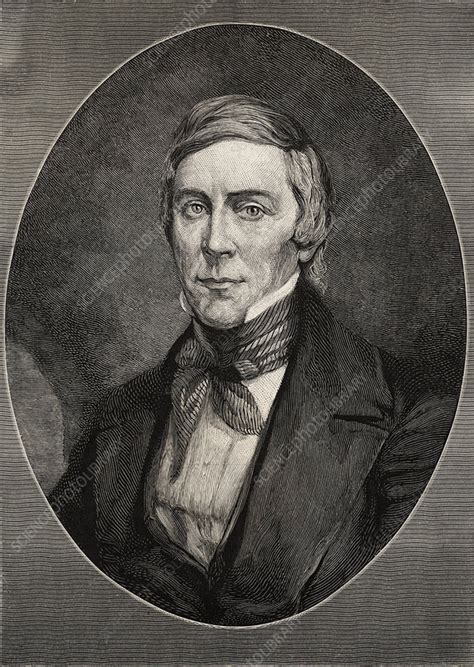A Quote by Howard Zinn
The resources of a university, of a college, should not be wasted in merely academic pursuits.
Related Quotes
We want to build the most entrepreneurial postsecondary system in North America. That's why we're pleased that academic institutions, like Algonquin College, University of Ottawa and Carlton University are working to make that happen through the Campus-Linked Accelerator program. They are helping nurture our business visionaries and igniting their entrepreneurial spirit, helping them to succeed and to expand our economy.
Many faculty retreated into academic specializations and an arcane language that made them irrelevant to the task of defending the university as a public good, except for in some cases a very small audience. This has become more and more clear in the last few years as academics have become so insular, often unwilling or unable to defend the university as a public good, in spite of the widespread attacks on academic freedom, the role of the university as a democratic public sphere, and the increasing reduction of knowledge to a saleable commodity, and students to customers.
A doctrine-teaching, character-building university, the Brigham Young University is dedicated to the building of character and faith, for character is higher than intellect . . . . We are men of God first, men of letters second, men of science third, and noted men fourth, men of rectitude rather than academic competence. . . . Our academic training must be as impeccable as our lives.
No university ought to be merely a national institution....The universities should have their common ideals, they should have their common obligations toward each other. They should be independent of the governments of the countries in which they are situated. They should not be institutions for the training of an efficient bureaucracy, or for equipping scientists to get the better of foreign scientists; they should stand for the preservation of learning, for the pursuit of truth, and in so far as men are capable of it, the attainment of wisdom.








































